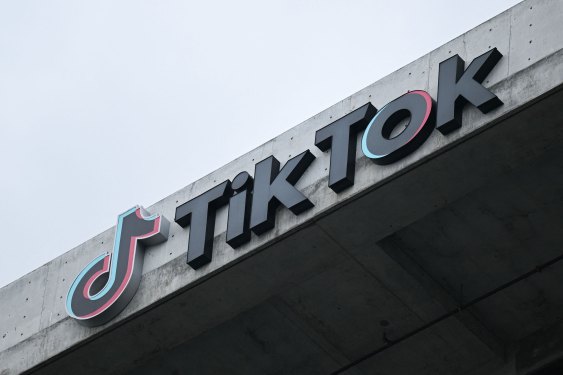The U.S. Federal Trade Commission (FTC) has announced that it has referred a complaint against popular short-form video app TikTok and its parent company ByteDance to the Department of Justice (DOJ). The move comes as part of an ongoing investigation into potential violations of children’s online privacy laws and "unfair and deceptive" business practices.
Background on FTC Investigation
The FTC has been investigating TikTok over concerns that it may be violating the Children’s Online Privacy Protection Act (COPPA) and engaging in unfair or deceptive business practices. In 2019, TikTok paid $5.7 million to settle allegations that it had illegally collected personal information from children.
FTC Refers Complaint to DOJ
According to a statement released by the FTC, an investigation into TikTok’s practices uncovered "reason to believe" that the company and its parent are violating or will violate laws related to COPPA and other regulations. As a result, the FTC has voted to refer a complaint to the DOJ, citing the public interest in pursuing litigation.
TikTok Responds to Complaint
In response to the announcement, TikTok issued a statement expressing disappointment at the FTC’s decision to pursue litigation. The company claimed that it has been working with the FTC for over a year to address concerns and update its product to better protect children.
"We strongly disagree with the FTC’s allegations, many of which relate to past events and practices that are factually inaccurate or have been addressed," TikTok said in a statement. "We’re proud of and remain deeply committed to the work we’ve done to protect children, and we will continue to update and improve our product."
Background on Regulatory Scrutiny
TikTok has faced increased scrutiny from regulators in recent months, including a bill signed into law by President Biden in April. The bill would ban TikTok if ByteDance fails to sell it within a year, citing concerns that the company may leak user data to the Chinese government.
Regulatory Backstory: What’s Driving Regulatory Scrutiny of TikTok?
The regulatory scrutiny surrounding TikTok can be traced back to several factors. One major concern is the potential for ByteDance to access and share user data with the Chinese government, raising fears about national security and data privacy.
Another factor is the company’s ownership structure and its ties to the Chinese Communist Party (CCP). Some lawmakers have expressed concerns that TikTok’s ownership by a foreign entity could pose risks to U.S. national security.
Background on COPPA and FTC Settlements
The Children’s Online Privacy Protection Act (COPPA) is a federal law that regulates how companies collect, use, and disclose personal information from children under the age of 13. In 2019, TikTok paid $5.7 million to settle allegations that it had illegally collected personal information from children.
This was the largest civil penalty ever obtained by the FTC in a children’s privacy case, according to the agency. The settlement marked a significant development in the ongoing debate over online data collection and its impact on children’s rights.
TikTok’s History with COPPA and FTC Settlements
TikTok has faced scrutiny from regulators over its handling of user data, particularly when it comes to children under 13. In 2019, the company paid $5.7 million to settle allegations that it had illegally collected personal information from kids.
The settlement marked a significant development in the ongoing debate over online data collection and its impact on children’s rights. However, critics have argued that TikTok has failed to fully comply with COPPA regulations, leading to continued regulatory scrutiny.
Why is Regulatory Scrutiny of TikTok Important?
The regulatory scrutiny surrounding TikTok highlights the importance of robust data protection laws and effective enforcement mechanisms. As more companies collect sensitive user data, regulators must ensure that they are held accountable for their actions.
The situation also underscores the need for clearer guidance on data collection practices, particularly when it comes to children’s online safety. By addressing these concerns, regulatory agencies can help build trust in digital services while protecting users’ rights and interests.
Conclusion
The FTC’s decision to refer a complaint against TikTok and ByteDance to the DOJ marks a significant development in the ongoing regulatory scrutiny of the company. As regulators continue to monitor online data collection practices, it is essential that companies like TikTok prioritize transparency and accountability.
By working together with regulatory agencies, companies can ensure that users’ rights are protected while fostering a safer digital environment for all.

